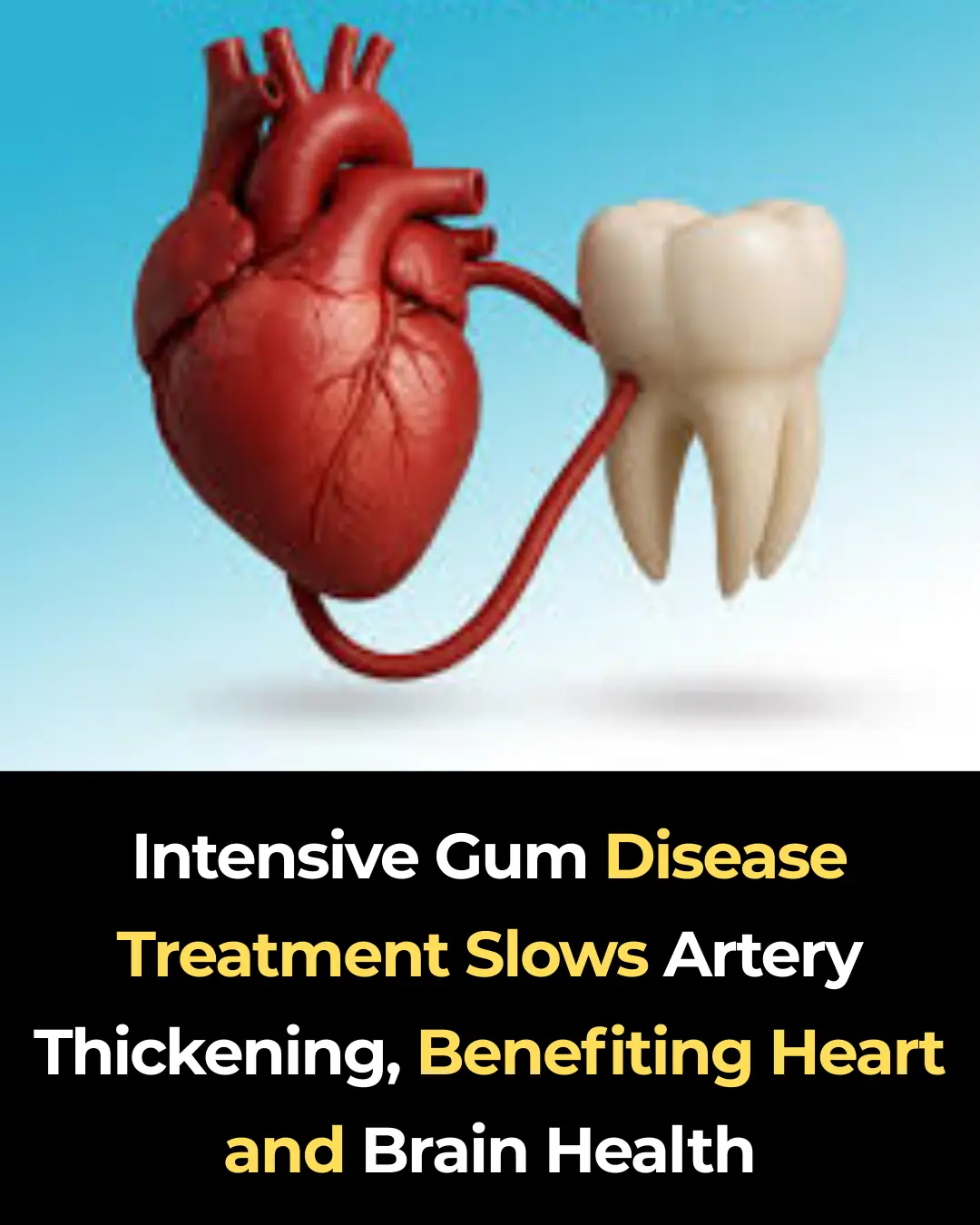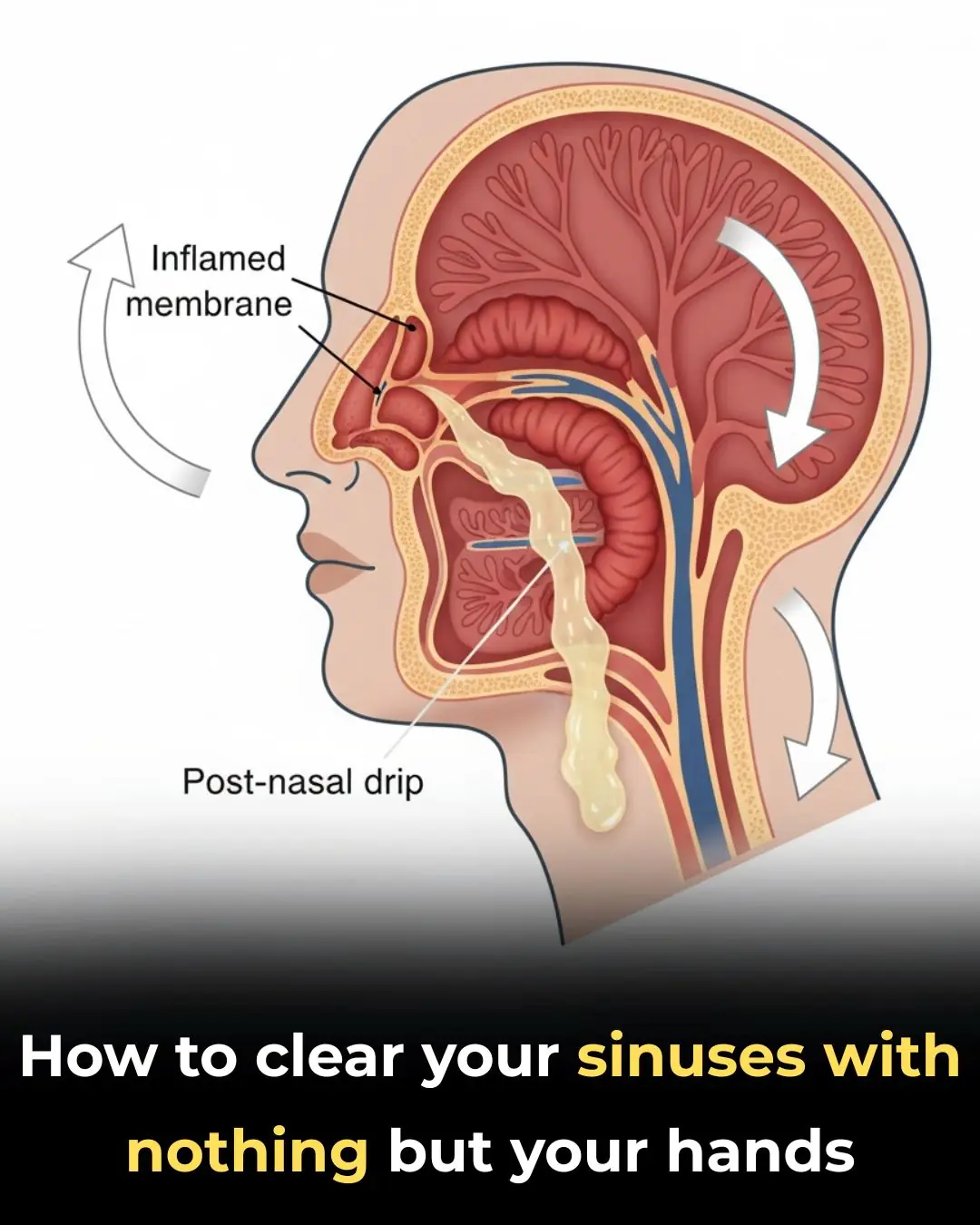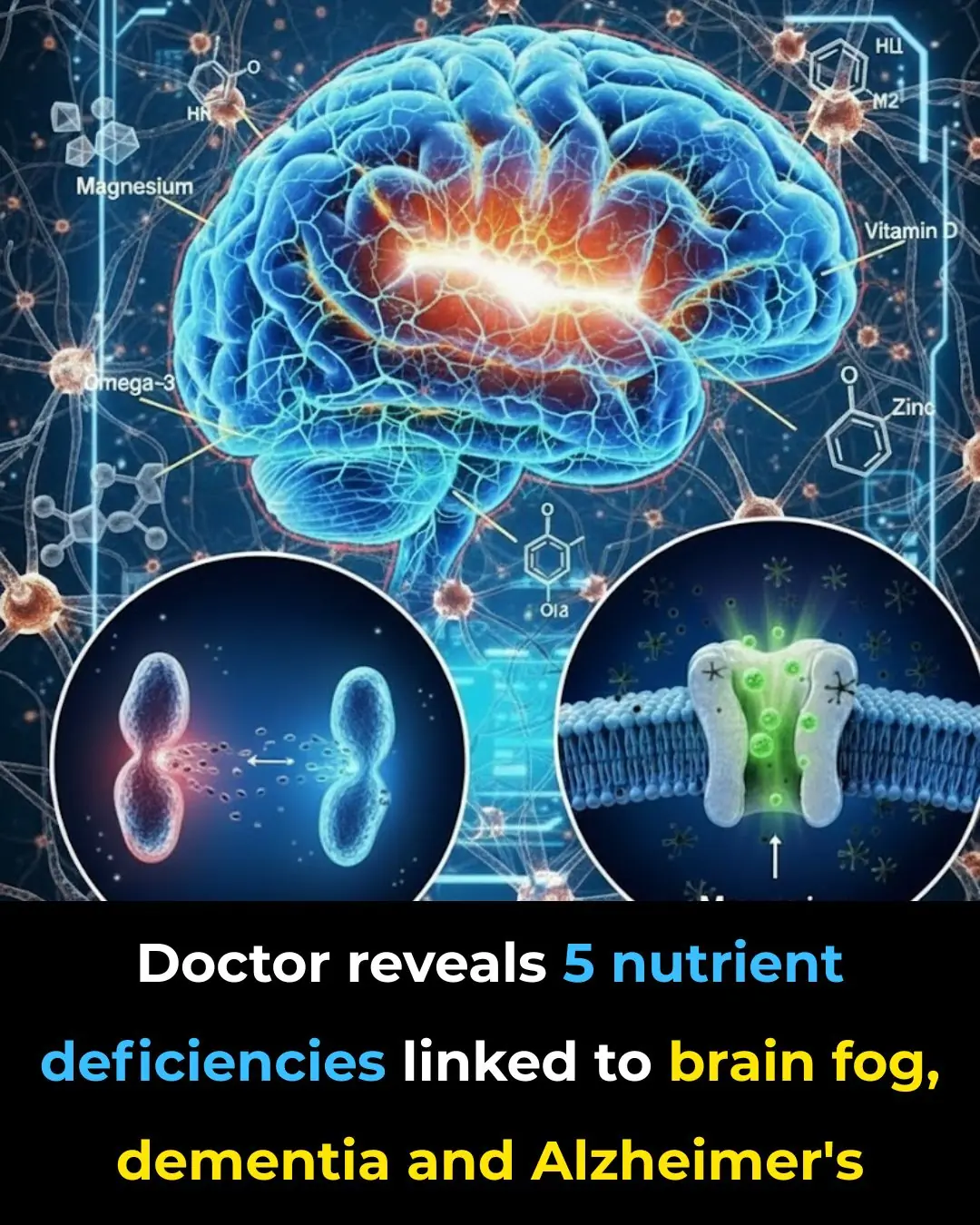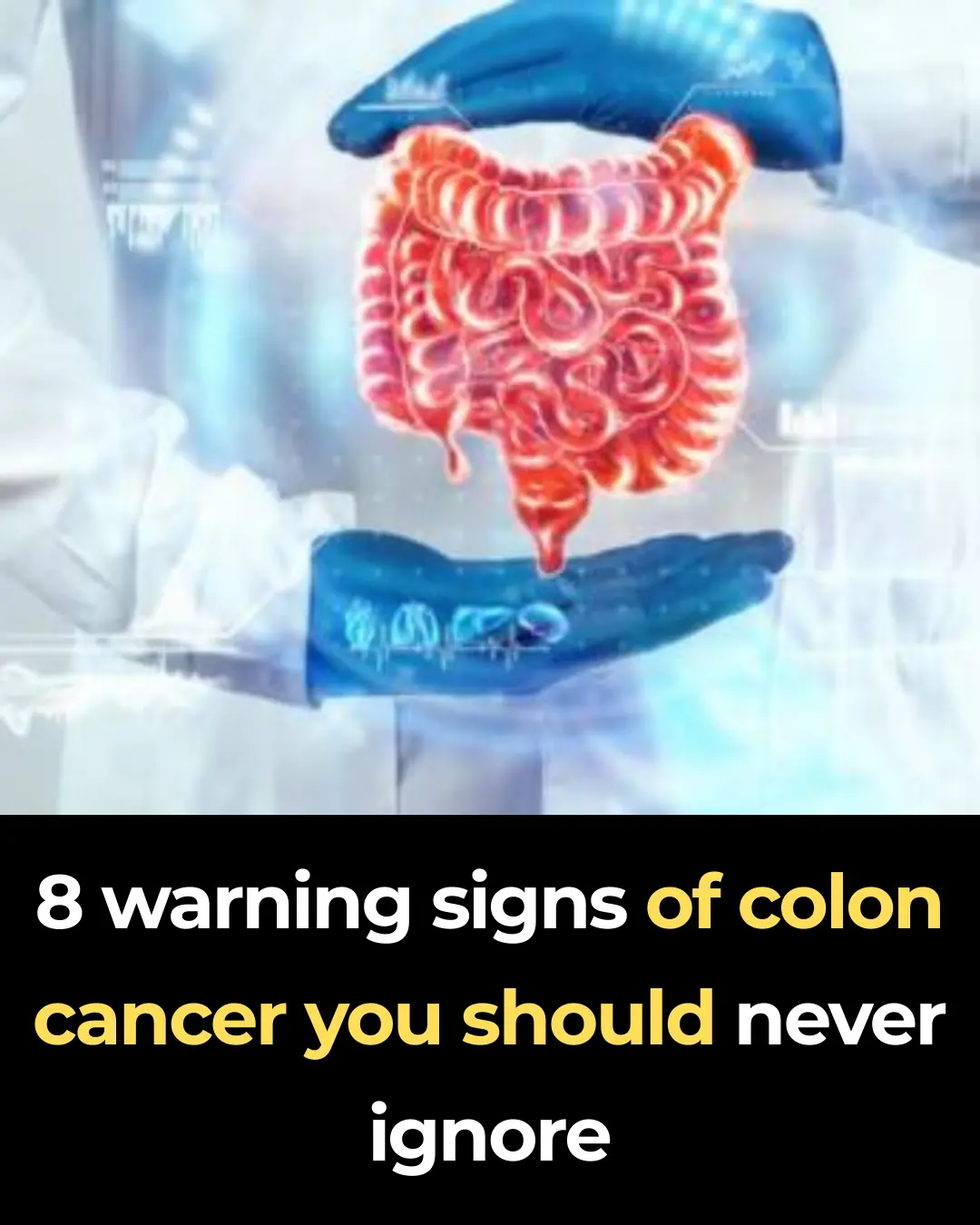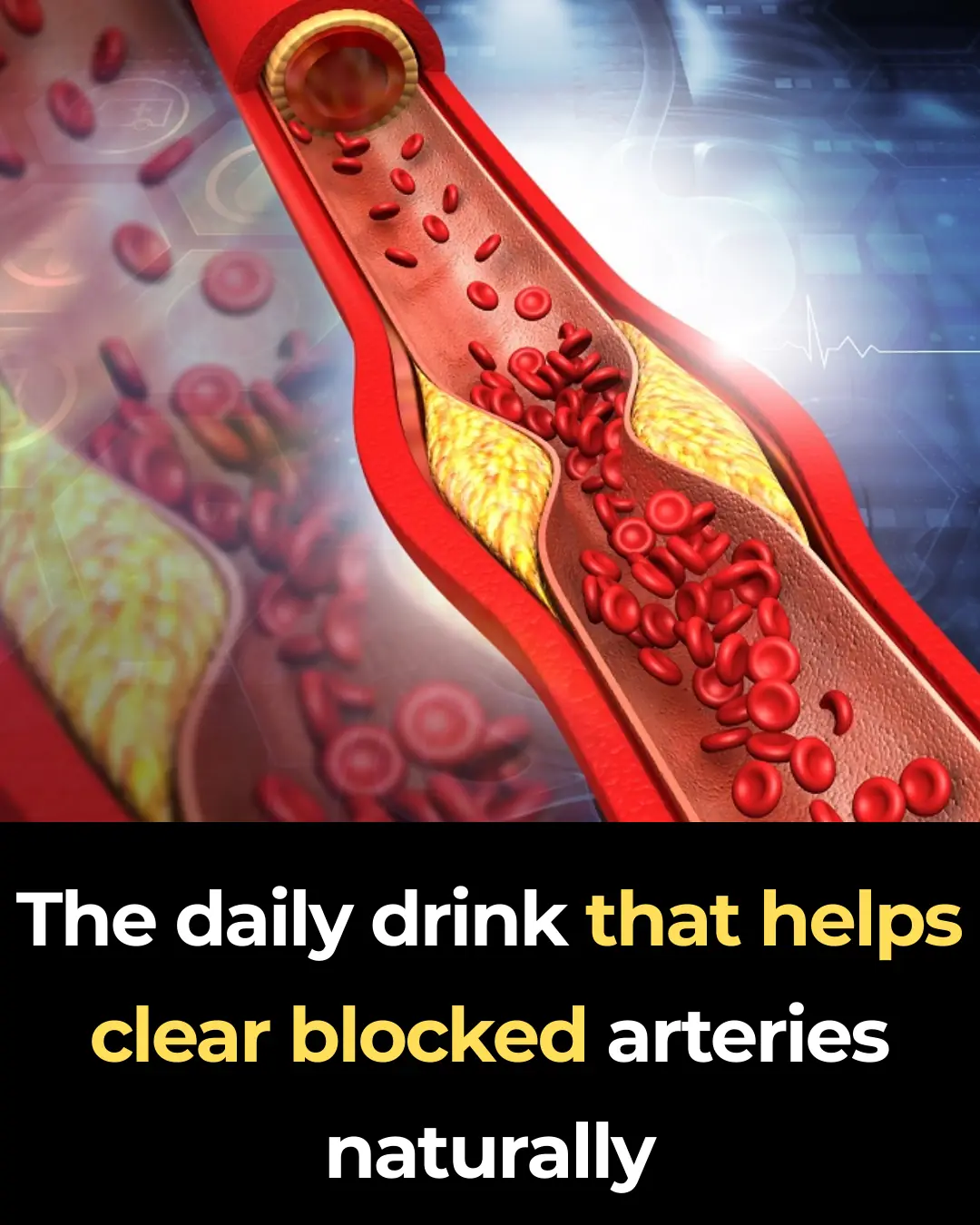Caffeine is a beloved stimulant found in coffee, tea, and energy drinks, helping many of us power through our days. However, excessive consumption can lead to adverse effects. Recognizing the signs that your body is reacting negatively to caffeine is crucial for maintaining optimal health. Here are ten warning signs indicating it might be time to cut back on your caffeine intake.
1. Frequent Headaches

While caffeine can temporarily relieve headaches, regular consumption may lead to rebound headaches. Over time, your body becomes dependent on caffeine, and missing your usual dose can trigger withdrawal symptoms, including headaches. Additionally, excessive caffeine can cause dehydration, another common headache culprit.
2. Muscle Twitches or Spasms

Caffeine stimulates the nervous system, and high intake can lead to involuntary muscle contractions or spasms. This occurs because excessive caffeine can disrupt the balance of essential electrolytes like magnesium and potassium, crucial for proper muscle function.
3. Heightened Anxiety

Caffeine increases alertness by blocking adenosine, a brain chemical that promotes relaxation. However, in sensitive individuals or at high doses, this can lead to increased heart rate, nervousness, and anxiety. If you notice heightened feelings of anxiety after your caffeine fix, it might be time to reassess your intake.
4. Digestive Issues
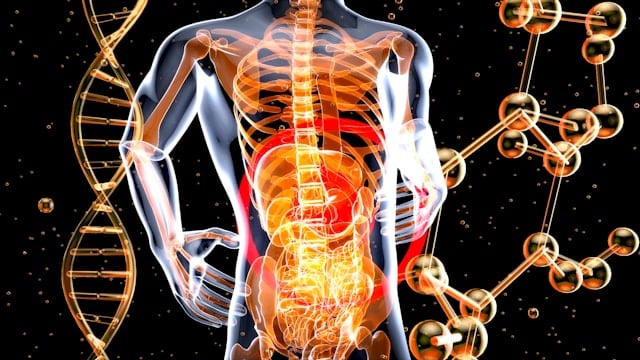
Caffeine is acidic and can irritate the digestive tract, leading to discomfort, acid reflux, or a coating on the tongue. This is especially true for those consuming large amounts or individuals with sensitive stomachs.
5. Dry or Flaky Scalp

The diuretic properties of caffeine can lead to dehydration, affecting various parts of the body, including the scalp. A dry, flaky scalp can be an indication that your body is not retaining enough moisture, potentially due to excessive caffeine consumption.
6. Restless Legs Syndrome

Caffeine’s stimulatory effects can exacerbate Restless Legs Syndrome (RLS), a condition characterized by an uncontrollable urge to move the legs, typically in the evenings. Reducing caffeine intake has been shown to alleviate RLS symptoms in some individuals.
7. Midday Energy Slumps

While caffeine provides a temporary energy boost, it can lead to significant energy crashes as its effects wear off. This cycle can result in dependency, where more caffeine is needed to combat fatigue, perpetuating the problem.
8. Swelling or Inflammation

In some individuals, excessive caffeine can trigger inflammation, leading to swelling in various parts of the body. This immune response may be due to individual sensitivities or allergies to caffeine.
9. Insomnia

Caffeine blocks the effects of adenosine, promoting wakefulness. Consuming caffeine, especially later in the day, can interfere with sleep patterns, leading to difficulty falling or staying asleep.
10. Elevated Heart Rate and Blood Pressure

High caffeine intake has been linked to increased heart rate and elevated blood pressure, both risk factors for cardiovascular diseases. Monitoring and moderating caffeine consumption is essential for maintaining heart health.
While caffeine can be a helpful stimulant, it’s essential to listen to your body’s signals. If you’re experiencing any of these warning signs, consider evaluating and reducing your caffeine intake to promote overall well-being.


